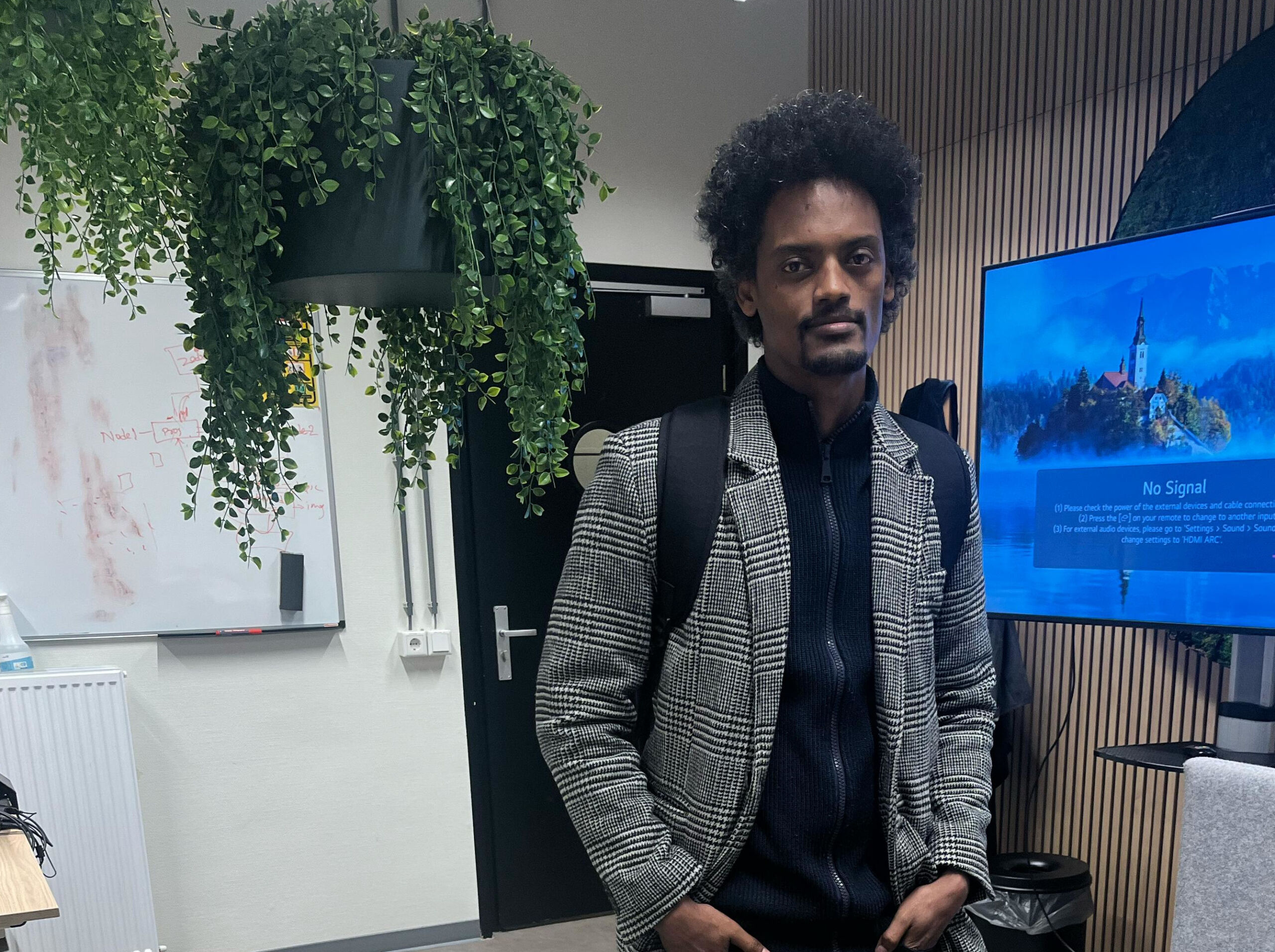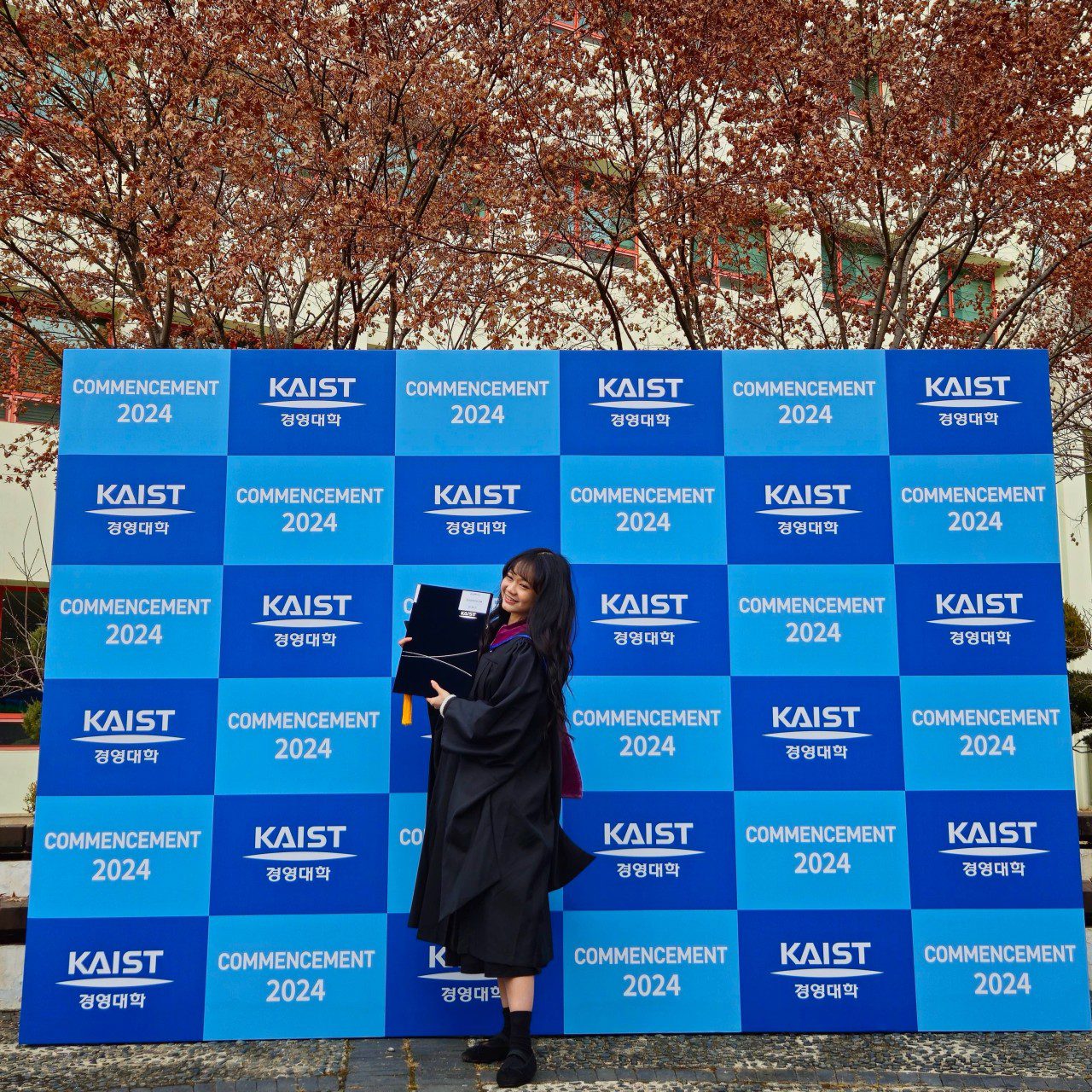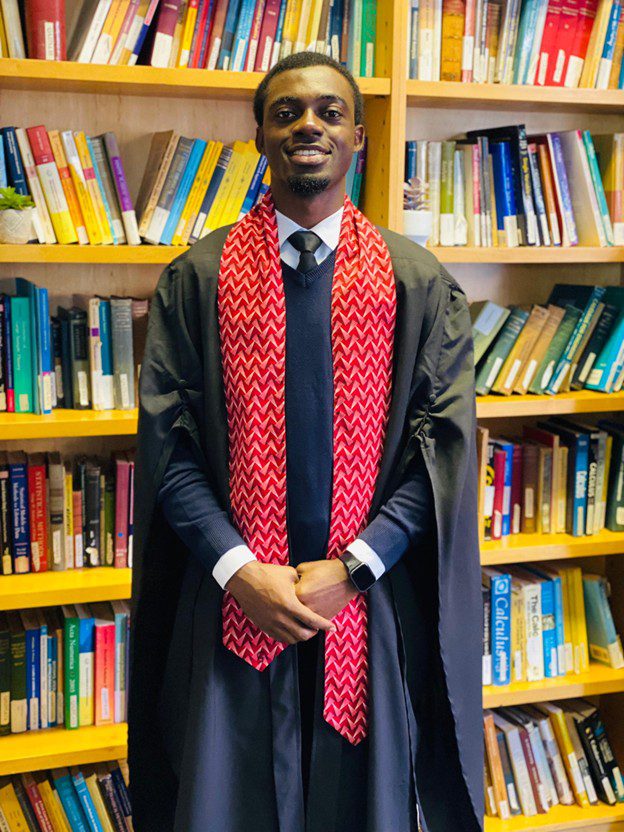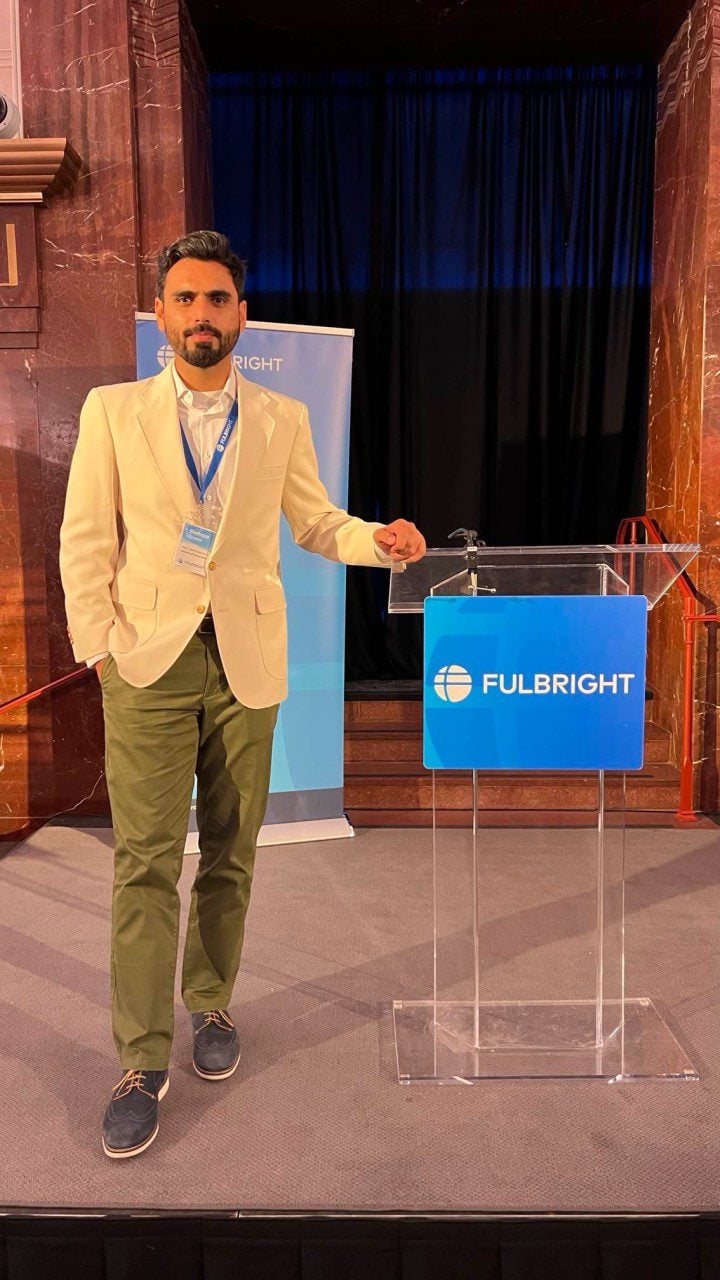How an Ethiopian Engineer Secured the Fully Funded Erasmus Mundus Scholarship to Study Intelligent Field Robotic Systems in Spain, Hungary, and the Netherlands
University: University of Girona (Spain), Eötvös Loránd University (Hungary), University of Zagreb (Croatia)
Degree: Master’s in Intelligent Field Robotic Systems (IFRoS)
Previous Education: B.Sc. in Computer Engineering – Mekelle Institute of Technology; M.Sc. in Computer Engineering – Bahir Dar University
Scholarship: Erasmus Mundus Joint Master’s – Fully Funded

The Journey
My name is Zewdie Habtie Sisay, and I am originally from Ethiopia. I am currently pursuing a Master's degree through the Erasmus Mundus program in Intelligent Field Robotic Systems (IFRoS), which has given me the opportunity to study in multiple countries across Europe. During the first year of the program, I studied in Girona, Spain, where I focused on land and marine robotic systems. In the third semester, I continued my studies in Budapest, Hungary, with a specialization in autonomous systems and self-driving vehicles.
In 2018, I received Invest Your Talent in Italy Scholarships for a Master's degree at the University of Pisa, but I stopped pursuing it due to health issues.
Educational Background
Before joining the Erasmus Mundus program, I completed my Bachelor's degree in Computer Engineering at Mekelle Institute of Technology in Ethiopia. After graduating, I worked as an assistant lecturer at Debre Tabor University in the Department of Computer Science, where I was involved in teaching and mentoring students. I then pursued a Master's degree in Computer Engineering at Bahir Dar University, Ethiopia, which allowed me to deepen my knowledge in advanced computing and research methodologies. This combination of academic and professional experience equipped me with a strong technical foundation and the adaptability needed to thrive in the multi-country, multicultural environment of the Erasmus Mundus IFRoS program.
How Did You Prepare to Apply for the Erasmus Mundus Scholarship?
I prepared for the Erasmus Mundus application by aligning my academic background in computer science and engineering with the program's focus. I gathered strong recommendation letters and tailored my motivation letter to highlight my goals and relevant experience. Before choosing Erasmus Mundus, I explored other scholarships like DAAD, Fulbright, and the Swedish Institute, but EMJMD stood out for its academic excellence, mobility opportunities, and interdisciplinary approach. Despite its competitiveness, I believe my application stood out due to my technical experience, international exposure, and clear motivation for pursuing the program.
Could You Briefly Discuss the Erasmus Mundus Program You Pursued and the Specific Field of Study It Focused On?
IFROS is a multidisciplinary program organized by three universities: the University of Girona (Spain), Eötvös Loránd University (Hungary), and the University of Zagreb (Croatia). It is designed to train a new generation of engineers to develop advanced applications and tools that enhance the capabilities of field robots. The program bridges various rapidly evolving research areas, including artificial intelligence, computer vision, perception, machine learning, and manipulation, all of which are critical in today’s revolution in robotics.
How Did the Cost of Living Vary Across the Countries You Studied In? Which Country Was the Most Affordable or Expensive, and How Did You Manage Financially?
The cost of living varied across the countries I studied in. In Spain, both accommodation and daily expenses were moderate, while Budapest, Hungary, turned out to be slightly more expensive than Girona, Spain. The Netherlands, where I am currently doing my master's thesis, is the most expensive of the three. To manage financially, I relied on the Erasmus Mundus scholarship, personal budgeting, and student discounts, which helped me cover living expenses while focusing on my studies.
Did You Face Any Language Barriers, and if So, How Did You Overcome Them? Did the Language of Instruction Change From One Country to Another?
I didn't face significant language barriers during my studies, as the language of instruction in all the countries I studied in was English. However, in some situations, such as daily interactions and dealing with local bureaucracy, knowing some basic phrases in Spanish and Hungarian was helpful. In Spain, I made an effort to learn a bit of Spanish to navigate daily life, while in Hungary, I relied on English and used translation apps when necessary. Overall, the use of English as the primary language of instruction made the transition between countries smooth, and I managed by staying proactive and open to learning some local languages to ease everyday interactions.
Would You Recommend the Erasmus Mundus Program to Others? What Advice Would You Give to Someone Considering This Scholarship?
Yes, I highly recommend the Erasmus Mundus program. It offers the chance to study in multiple countries, experience different cultures, and access excellent academic opportunities. My advice is to thoroughly research the program, ensure your application highlights your academic background and career goals, and be prepared to manage the cost of living. Take advantage of student resources and embrace cultural diversity to build a valuable international network.
Looking Back, Would You Have Done Anything Differently During Your Time in the Program?
Looking back, I wouldn't change much, as the experience has been invaluable. However, I would have tried to learn more of the local languages earlier to enhance daily interactions and integrate more with the local culture.
Want to submit your
scholarship journey?
Submit Your Story Here!
More Scholarship Recipients

My name is Vania Estrellita Soegiarto, and I am from Indonesia. I pursued a Finance MBA at KAIST Business School in South Ko .... Read more

Hello, I’m Toyeeb Olamilekan Abubakar from Nigeria. I earned a Bachelor of Science degree in Statistics from the Universit .... Read more

My name is Shehryar Jafar, and I’m from Karachi, Pakistan. I’m currently a PhD student in Electrical Engineering at the .... Read more

Leave A Comment